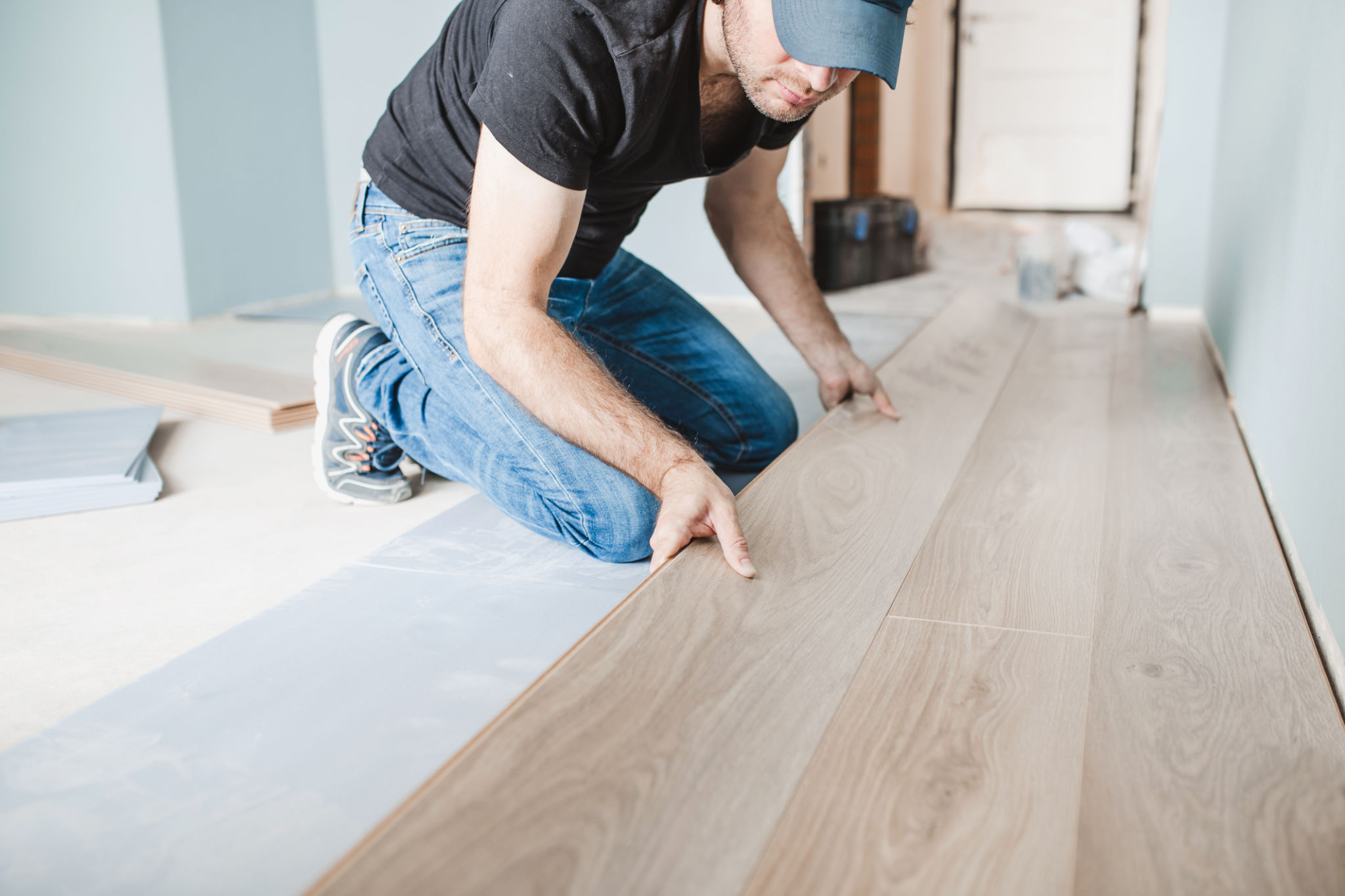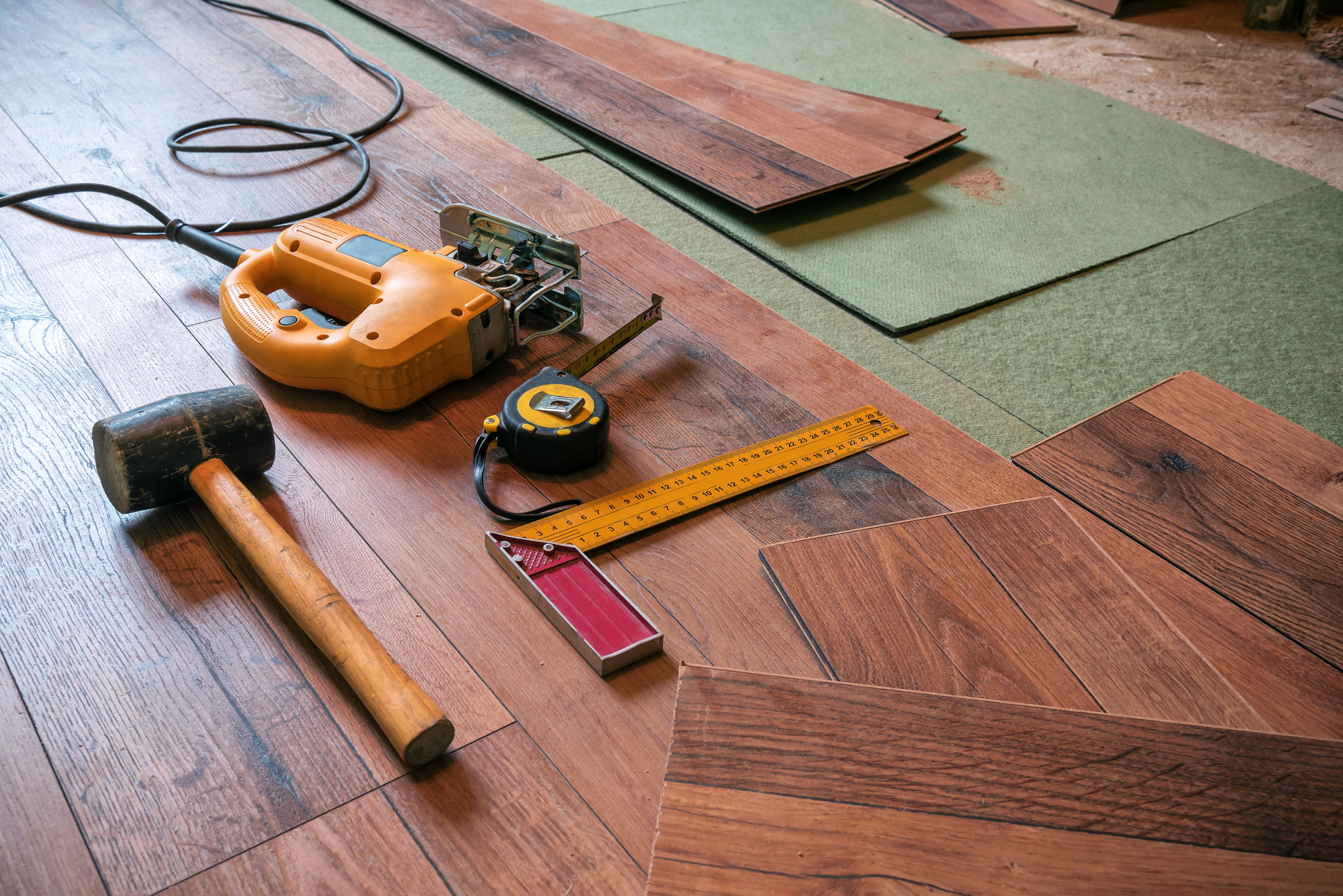Expert Advice on Floor Repairs: When to DIY and When to Call a Professional
Understanding Floor Repairs
Floors are an essential part of any home, and keeping them in good condition is crucial. However, when it comes to floor repairs, homeowners often face the dilemma of whether to tackle the project themselves or hire a professional. Understanding the scope and complexity of the repair can help you make an informed decision.

When to Consider DIY Floor Repairs
For minor floor repairs, taking the DIY route can be a cost-effective and satisfying solution. Tasks such as filling small scratches or dents, replacing a single tile, or tightening loose boards are often manageable with basic tools and a little patience. These projects can also be a great way to gain experience in home improvement.
Before starting a DIY repair, assess your skills and gather the necessary materials. There are numerous resources available online, including tutorial videos and step-by-step guides, which can provide valuable insights into the repair process. Just make sure to take your time and follow all safety precautions.
Tools You Might Need
- Hammer and nails
- Putty knife
- Wood filler or tile adhesive
- Sandpaper
Signs You Need a Professional
While DIY is suitable for minor issues, some floor repairs require professional expertise. If you're dealing with extensive damage, such as large cracks, water damage, or structural issues, it's best to call in a pro. These problems can affect the integrity of your flooring, and improper repairs could lead to more significant issues down the line.

Additionally, if your floor is made of intricate materials like marble or exotic hardwoods, professional assistance is advisable. These materials often require specialized tools and techniques that are beyond the scope of typical DIY projects.
Benefits of Hiring a Professional
Hiring a professional for complex floor repairs offers several advantages. Experienced contractors have the knowledge and equipment necessary to ensure high-quality results. They can also identify underlying issues that may not be immediately obvious and address them before they escalate.
- Expertise in various flooring types
- Access to professional-grade tools
- Time-saving and efficient service
Cost Considerations
The cost of floor repairs can vary significantly depending on the type of damage and the materials involved. DIY repairs usually have lower upfront costs since you are primarily paying for materials. However, if a mistake is made, correcting it can become costly.

Professional services may seem more expensive initially, but they often provide long-term value by preventing future issues. When budgeting for floor repairs, consider both the immediate costs and potential future savings from a job well done.
Conclusion
Deciding between DIY and professional floor repairs depends on the nature of the problem and your personal skills. For minor repairs, a DIY approach can be rewarding and economical. However, for more extensive damage or specialized flooring, hiring a professional is often the best choice. By evaluating your situation carefully, you can ensure your floors remain beautiful and durable for years to come.
